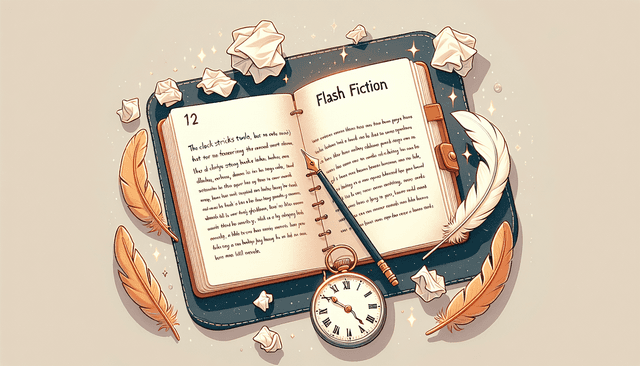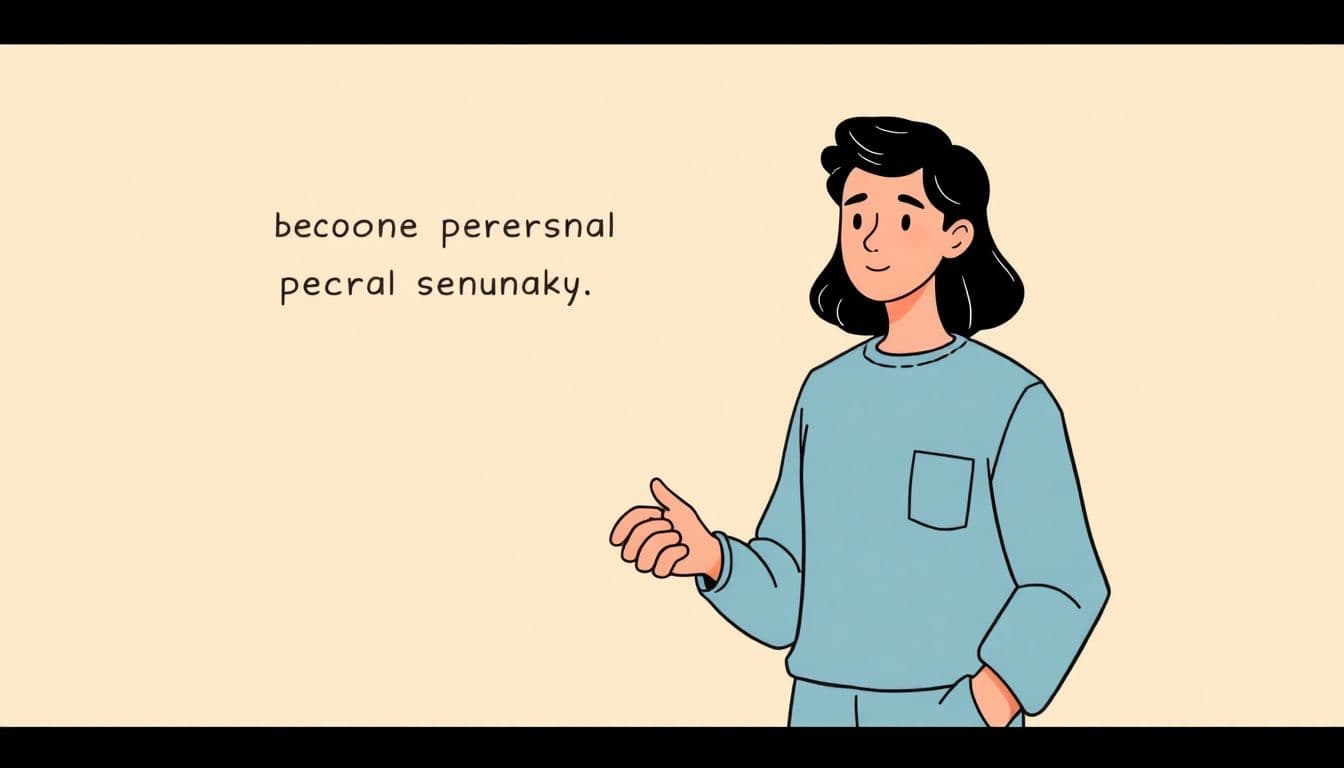Table of Contents
If you’ve ever stared at a blank page, struggling to find inspiration for your next story, you’re not alone! Many writers grapple with the same challenge, especially when it comes to crafting those bite-sized narratives known as flash fiction. It’s frustrating, right?
But don’t worry! If you stick with me, you’ll discover a treasure trove of flash fiction prompts that will spark your creativity. These fun little exercises can transform your writing routine and unlock new ideas you never thought possible.
In this guide, we’ll delve into various types of prompts, share tips for writing flash fiction, and even explore the benefits of this unique form of storytelling. So grab your pen, and let’s dive in!
Key Takeaways
- Flash fiction prompts help overcome writer’s block by sparking creativity.
- Types of prompts vary by genre, characters, images, and music.
- Select a prompt, set a timer for 10-20 minutes, and let your ideas flow without editing.
- Focus on one main idea, use strong imagery, and show emotions rather than tell.
- Writing flash fiction improves brevity, fosters creativity, and boosts motivation.
- Explore online resources and communities for more prompts and inspiration.

Flash Fiction Prompts for Creative Writing
Flash fiction prompts are short scenarios or phrases designed to spark your creativity and inspire a quick writing session.
They can be as simple as a single sentence or a detailed scenario that nudges your imagination into action.
The beauty of flash fiction lies in its brevity, allowing you to explore ideas without the pressure of a long commitment.
Try starting with a prompt like “A mysterious letter arrives on your doorstep, but it’s addressed to someone else,” and see where it takes you.
Types of Flash Fiction Prompts
There are numerous types of flash fiction prompts, each with its unique flavor to inspire your storytelling.
Some prompts focus on specific genres, like horror or romance, while others might offer character-driven scenarios.
You might find prompts based on images, quotes, or even music, which can help in sparking ideas.
For instance, a prompt like “Write a story where the protagonist hears a song that changes everything” can lead to interesting twists.
Experiment with various types to discover which stimulates your imagination the best!
How to Use Flash Fiction Prompts
Using flash fiction prompts is quite straightforward and can be a lot of fun.
Start by selecting a prompt that resonates with you; this could be something that intrigues or excites you.
Set a timer for ten to twenty minutes to keep the pressure light and the creativity flowing.
As you write, don’t worry about editing or crafting the perfect sentence; just let your ideas pour onto the page.
Once the timer goes off, take a break and then revisit your story to see how you can refine it later.
For additional inspiration, check out the collection of seasonal prompts such as those found at winter writing prompts.

Tips for Writing Flash Fiction
Writing flash fiction can be both rewarding and challenging due to its brevity.
First, focus on one main idea or theme; this will help you maintain clarity.
Use strong imagery and concise language to create impact in only a few words.
Consider starting with a hook right at the beginning to grab your readers’ attention.
Your characters don’t need extensive backstories, but giving them a single, defining trait can make them relatable.
Always remember to show, don’t tell; let your readers infer emotions and actions instead of stating them outright.
Finally, don’t forget to edit ruthlessly—every word counts, so cut anything that doesn’t serve your story.
Examples of Flash Fiction Prompts
Examples of flash fiction prompts can ignite your imagination in quick bursts of creativity.
For instance, try this: “The clock strikes twelve, but no one is in sight.”
Or how about: “A single apple falls from a tree, but it’s not autumn.”
Feel free to take a simple emotion like “nostalgia” and craft a story revolving around a fading photograph.
Another prompt could be: “They found a diary belonging to a stranger, and it has entries from the future.”
The goal is to let these prompts guide your creativity without feeling confined to a specific outcome.
Benefits of Writing Flash Fiction
Writing flash fiction comes with several enticing benefits that can enhance your writing skills.
For starters, it encourages brevity, teaching you to express complex ideas in a limited word count.
This form of writing also fosters creativity; you’re constantly brainstorming how to develop your plots quickly.
Moreover, it allows for experimentation with style and voice without the pressure of a full-length manuscript.
Lastly, completing a flash fiction piece lends a sense of accomplishment and boost in motivation to tackle larger projects.
Resources for More Flash Fiction Ideas
There are a ton of resources available that can help you find new flash fiction prompts and ideas.
Websites such as Funny Writing Prompts for Kids offer prompts specifically tailored for younger writers, which can also be fun for adults.
You might also explore Winter Writing Prompts to get seasonal inspiration.
Online communities like Reddit have dedicated threads where writers share and challenge each other with unique prompts.
Don’t forget about social media platforms where writing challenges often circulate, creating opportunities to connect with other writers.
The key is to keep exploring until you find a source that really resonates with your creative flow.
FAQs
Flash fiction refers to very brief stories that typically range from 100 to 1,000 words. The goal is to convey a complete narrative in a condensed format, focusing on impactful storytelling and precise language.
To effectively use flash fiction prompts, pick one that resonates with you, set a timer for a focused writing session, and allow your creativity to flow without self-editing. Finish your piece by the end of the session.
Writing flash fiction enhances your ability to convey ideas concisely, improves writing discipline, encourages experimentation with style, and provides a quick outlet for creativity. It can also serve as a warm-up for longer writing projects.
More flash fiction ideas can be found in writing prompt books, online forums, social media groups dedicated to writing, and websites specifically for writing prompts. Joining local writing workshops can also spark new ideas.



